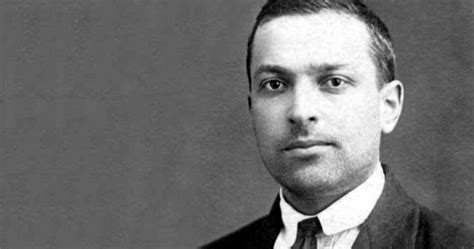A Quote by Alexandre Dumas
D’Artagnan: Why is Athos sitting by himself? Aramis: He takes his drinking very seriously. Not to worry, he’ll be his usual charming self by morning.
Related Quotes
But that's not the name of a man, it's the name of a mountain! (...) "It is my name," Athos said calmly. "But you said your name was d'Artagnan." "I?" "Yes, you." "That is to say, someone said to me: 'You are M. d'Artagnan?' I replied: 'You think so?' My guards shouted that they were sure of it. I did not want to vex them. Besides, I might have been mistaken.
Only to the extent that someone is living out this self transcendence of human existence, is he truly human or does he become his true self. He becomes so, not by concerning himself with his self's actualization, but by forgetting himself and giving himself, overlooking himself and focusing outward.
And sure enough,the youth in question was not his usual dapper self. His face was puffy, his eyes red and wild; his shirt(distressingly unbuttoned)hung over his trousers in sloppy fashion. All very out of charactar: Mandrake was normally defined by his rigid self-control. Somthing seemed to have stripped all that away. Well, the poor lad was emotionally brittle.He needed sympathetic handling. "You're a mess," I sneered "You've lost it big time. What's happened? All the guilt and self-loathing suddenly get to you? It can't just be that someone else called me, surly?
Not selfishness, but precisely the absence of a self. Look at them. The man who cheats and lies, but preserves a respectable front. He knows himself to be dishonest, but others think he’s honest and he derives his self-respect from that, second-hand. The man who takes credit for an achievement which is not his own. He knows himself to be mediocre, but he’s great in the eyes of others.
In play, the child is always behaving beyond his age, above his usual everyday behaviour; in play he is, as it were, a head above himself. Play contains in a concentrated form, as in the focus of a magnifying glass, all developmental tendencies; it is as if the child tries to jump above his usual level.
If Montaigne is a man in the prime of life sitting in his study on a warm morning and putting down the sum of his experience in his rich, sinewy prose, then Pascal is that same man lying awake in the small hours of the night when death seems very close and every thought is heightened by the apprehension that it may be his last.
The young man who addresses himself in stern earnest to organizing his life-his habits, his associations, his reading, his study, his work-stands far more chance of rising to a position affording him opportunity to exercise his organizing abilities than the fellow who dawdles along without chart or compass, without plan or purpose, without self-improvement and self-discipline.
There must be a solemn and terrible aloneness that comes over the child as he takes those first independent steps. All this is lost to memory and we can only reconstruct it through analogies in later life....To the child who takes his first steps and finds himself walking alone, this moment must bring the first sharp sense of the uniqueness and separateness of his body and his person, the discovery of the solitary self.




































